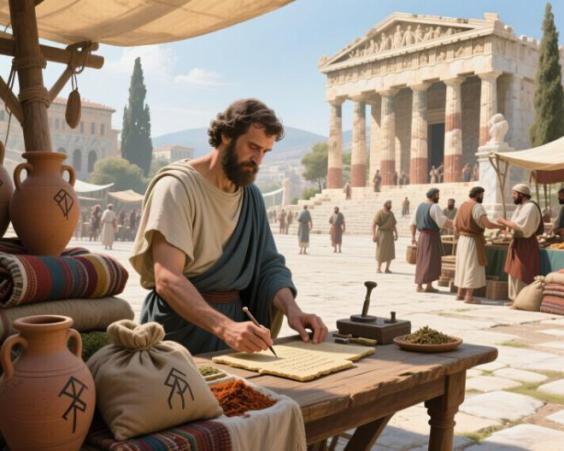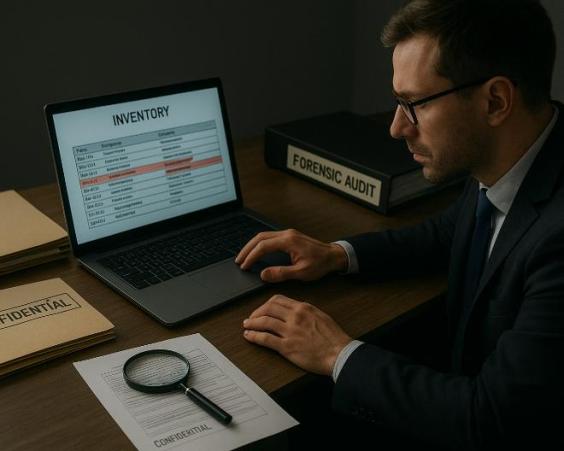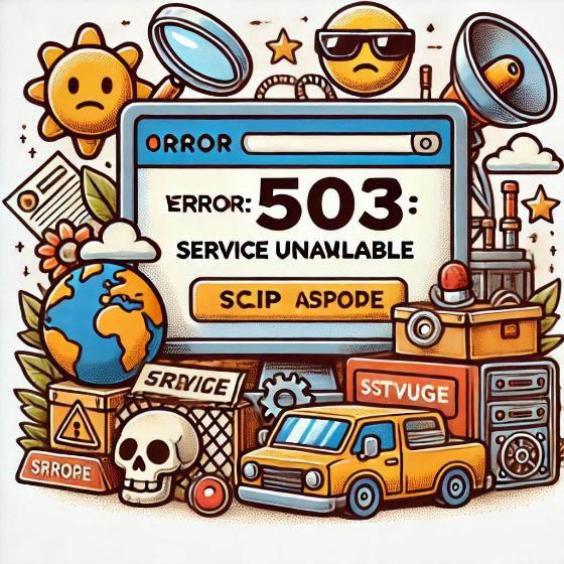Accounting in Ancient Greece: How did Athenian merchants record transactions?
Accounting is a discipline that dates back to ancient times, and in Ancient Greece, specifically in Athens, methods and techniques were developed to record and control commercial transactions. In this article, we will explore how Athenian merchants recorded their transactions and what methods they used to keep their accounts.

The Economic Context of Ancient Greece
Ancient Greece was a period of great economic prosperity, especially in the city-state of Athens. The city became an important commercial and financial center, and its economy was based on agriculture, mining, and trade. Athenian merchants traded products such as olives, wine, wheat, and wool, and also engaged in shipbuilding and navigation.
The Need for Accounting
With the increase in trade and the complexity of transactions, Athenian merchants needed a system to record and control their financial operations. Accounting became an essential tool for keeping an accurate record of transactions, calculating profits and losses, and making informed decisions about business management.
Accounting Methods in Ancient Greece
Athenian merchants used various methods to record their transactions, including:
- Clay Tablets: Clay tablets were used to record transactions, especially in the trade of products such as olives and wine. These tablets were used to record the quantity of products bought or sold, the price, and the date of the transaction.
- Papyri: Papyri were used to record more complex transactions, such as the purchase and sale of properties or the management of debts. Papyri were used to record financial information in a more detailed and accurate manner.
- Account Books: Account books were used to record all transactions of a business over a certain period. These books were used to calculate profits and losses, and to make informed decisions about business management.
The Use of Symbols and Abbreviations
Athenian merchants also used symbols and abbreviations to record transactions more quickly and efficiently. For example, symbols were used to represent different currencies and units of measurement, and abbreviations were used to represent product names and customer names.
The Importance of Accounting in Ancient Greece
Accounting was an essential tool for the success of Athenian merchants. It allowed them to keep an accurate record of their transactions, calculate profits and losses, and make informed decisions about business management. Accounting also allowed them to identify areas for improvement and optimize their operations to increase efficiency and profitability.
Legacy of Accounting in Ancient Greece
Accounting in Ancient Greece laid the foundations for the development of modern accounting. The methods and techniques used by Athenian merchants have been refined and improved over time, but the fundamental principle of recording and controlling financial transactions remains the same. Accounting remains an essential tool for business success and personal financial management.
In conclusion, accounting in Ancient Greece was a complex and sophisticated system that allowed Athenian merchants to record and control their financial transactions accurately and efficiently. The methods and techniques used in Ancient Greece laid the foundations for the development of modern accounting, and their legacy remains relevant today.






